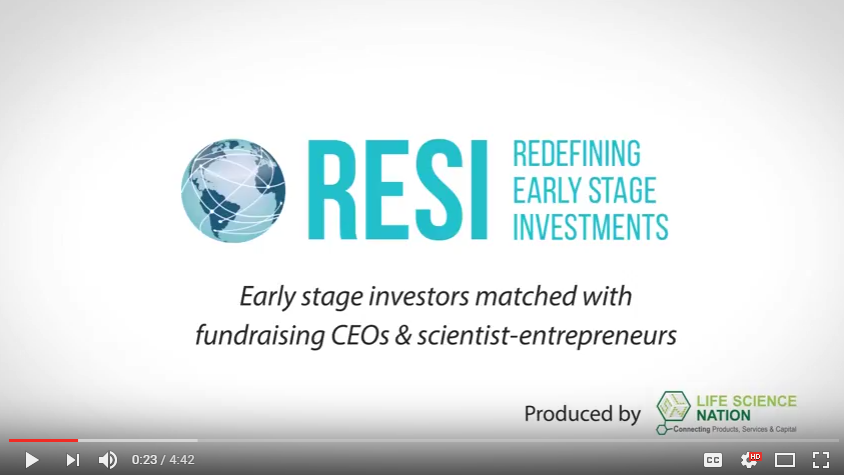By Dennis Ford, Founder and CEO of Life Science Nation, Creator of the RESI Conference Series
The life science industry is a hotbed of innovation and groundbreaking research, but its startup success rate paints a sobering picture, ranging from 1 to 5%. What lies behind this alarming statistic? As CEO of Life Science Nation (LSN) and the mastermind behind the Redefining Early Stage Investments (RESI) partnering conference, I have witnessed firsthand for over a decade the multifaceted complexities that plague the entrepreneurial journey and produce these dismal metrics for life sciences startups. Below is a table that outlines the challenges for startups launching a fundraising campaign.
| Critical Pitfalls | Misunderstanding the Ante into the Game |
| Subpar Ideas | Not all ideas are created equal. Some startups force-fit innovation without validating market fit, others create solutions in search of a problem without a clue about the business model, and still, others pay scant attention to scaling customer acquisition and channel. Startups require evidence of a current unmet need and a market. |
| Inexperienced Teams | Startup teams without experience navigating the complexities of launching and scaling a business often find themselves ill-equipped to overcome the challenges. This often leads to costly mistakes that can cause the business to fail, despite the potential merit of the technology. |
| Mismatched Skill Sets | CEOs sometimes fall into the trap of hiring team members who mirror their skill sets rather than seeking complementary expertise, leading to gaps in essential capabilities. |
| Underestimating Scale-Up Challenges | Creating a prototype is a crucial step and presenting initial validating data does not always translate to success scaling up from proof of concept to full-fledged products. |
| Navigating Support Ecosystems | The landscape of support networks for startups, including incubators, accelerators, and innovation clusters, can be a double-edged sword. While valuable resources abound, not all mentors and advisors possess the practical experience to guide startups effectively. Hence we see cookie-cutter, non-personalized pitch decks that cover “problem, solution, addressable market,” providing no insight into the founder, team, and genesis of technology. |
| Preparing and Executing a Fundraising Campaign | Startups need a compelling story, a global target list of at least 800 partners to go after, a CRM to organize and manage the list, and someone who understands social media and is a people person to set up meetings and schedule follow-ups. It takes 9-18 months if you are lucky. |
Despite these challenges, I remain optimistic about the future of life science entrepreneurship. The key lies in mastering the art of fundraising—a process that demands a nuanced understanding of global markets, investor relations, and strategic messaging. Launching a successful fundraising campaign requires meticulous planning and execution. Cultivating a targeted list of potential partners and investors tailored to the startup’s stage of development and product offering is crucial. This approach starkly contrasts the indiscriminate spamming tactics often employed by ill-prepared startups.
Herein lies the significance of initiatives like Life Science Nation (LSN) and the RESI partnering series. These platforms provide invaluable resources and networking opportunities for startups seeking to navigate the complex landscape of fundraising and industry partnerships. LSN offers Entrepreneurial Education Classes for Preparing and Executing a Successful Global Partnering Campaign. A database of investors and licensing partners that fit your stage of development and product and can be integrated with your CRM, and the international RESI conference series that get you out of your region and into the international marketplace where you can attend in-person meetings and also virtual meetings with a bevy of potential investor from around the world.
Mastering the Art of Fundraising
Securing funding necessitates a nuanced understanding of global markets, investor relations, and strategic messaging. LSN products combined with the RESI partnering series offer invaluable resources and networking opportunities for startups navigating the complex fundraising landscape. By embracing strategic fundraising methodologies, startups can amplify their chances of success amidst the industry’s burgeoning innovation.







Leave a comment